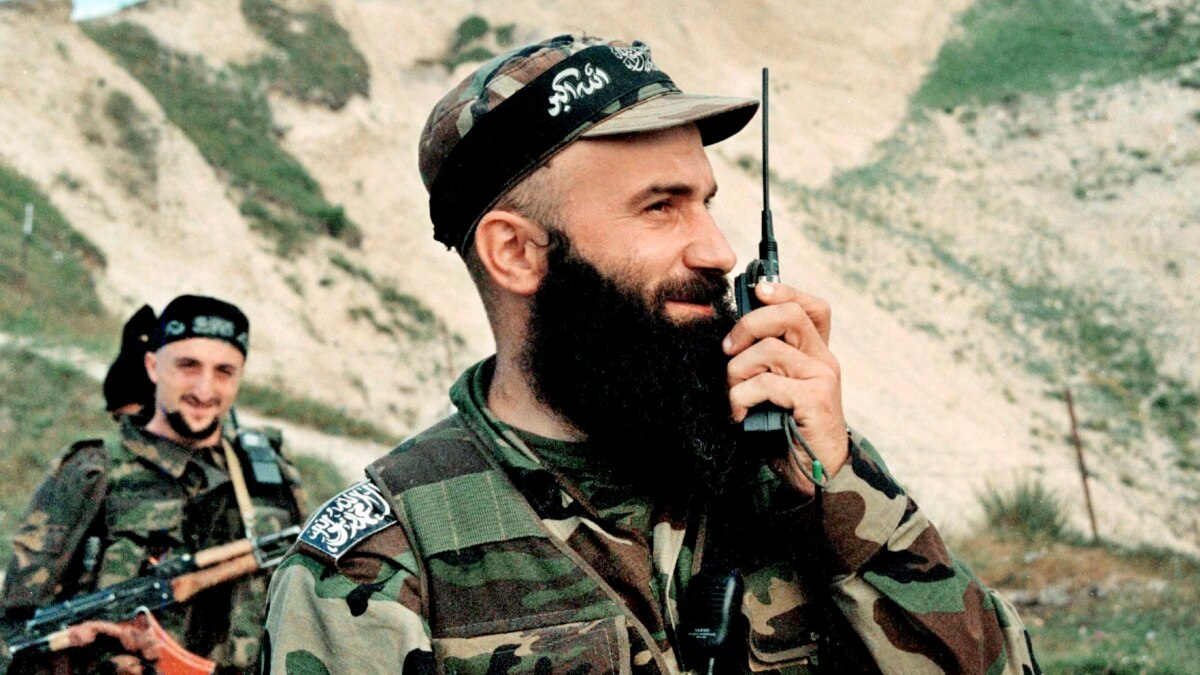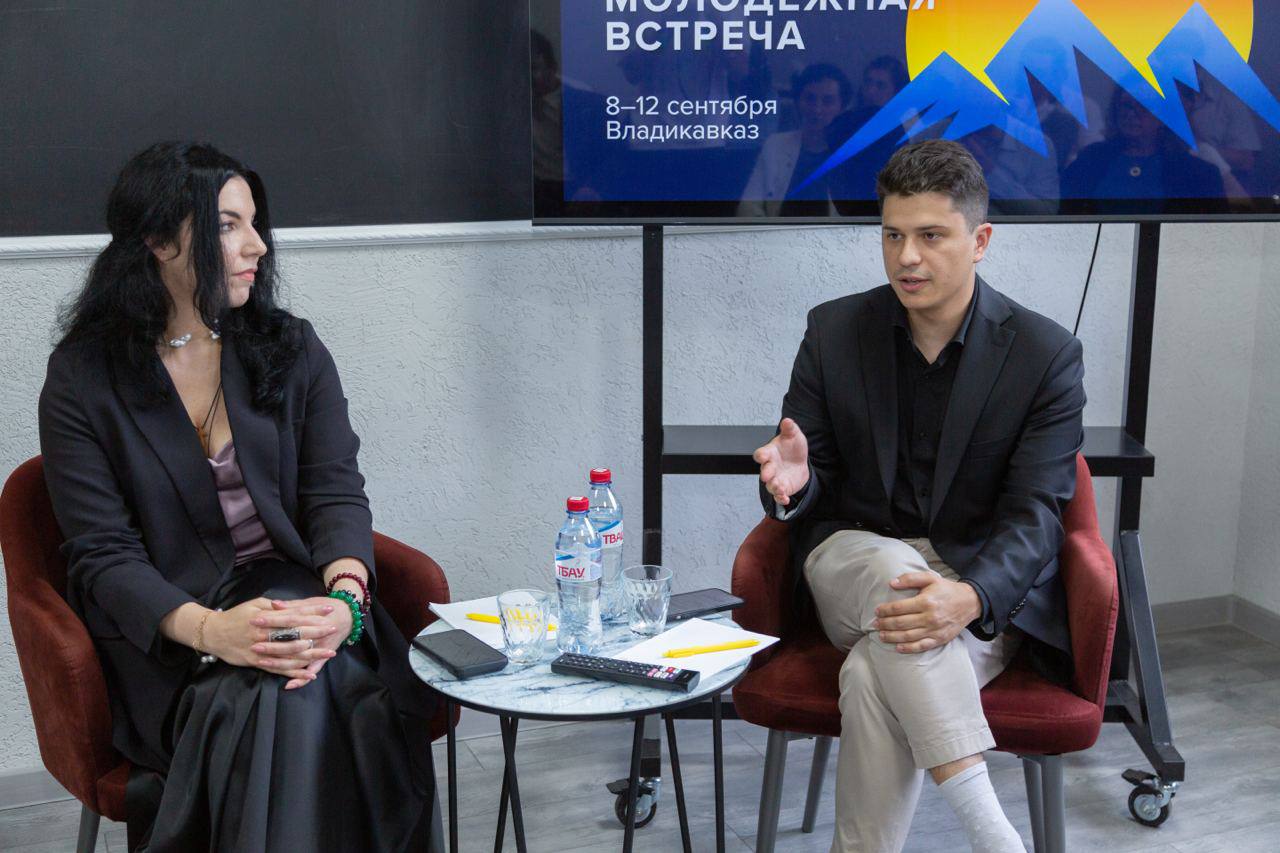North Ossetia uneasy and concerned over Ingushetia’s attempts to “befriend” Georgia
North Ossetia on Ingushetia-Georgia ties
According to a North Ossetian expert who wished to remain anonymous, if the forum is officially presented as a Russian-Georgian event, then it is Moscow behind the initiative — and if Ingushetia was chosen as the host region, then:
“Evidently, despite the deep-rooted tensions linked to the Ossetian-Ingush and Ossetian-Georgian conflicts, there is a political objective behind facilitating such contacts.
Even in the absence of diplomatic relations between Russia and Georgia, it seems a course is being charted towards unofficial diplomacy.”
Another expert, also speaking anonymously, noted that in principle, establishing peaceful ties in areas like culture and business between any two countries is a positive development. The concern arises, however, when such efforts may represent veiled soft power:
“Ossetians have reason to be cautious about such initiatives. Still, we can hope the forum proceeds in a constructive spirit.
It’s well known that Russia and Georgia maintain strong trade ties, and Georgia’s economy has grown significantly since it chose not to impose sanctions on Russia.
In that light, any genuine efforts to build relations — even with an unfriendly country — shouldn’t be viewed solely in a negative light. The key is to stay alert.”
The city of Nazran in Ingushetia (a federal subject of the Russian Federation) has taken on the role of mediator in efforts to improve relations with Georgia and is preparing to host a Russian-Georgian youth forum. Some have interpreted this as an attempt by Ingushetia to “befriend” Georgia — and not everyone is pleased with the move. North Ossetia, for example, has expressed unease and concern over the initiative.
“Principles of good neighbourliness”
At a meeting with Yuri Balashov, chairman of the Russian-Georgian Business Council, the head of Ingushetia, Makhmud-Ali Kalimatov, announced that the forum’s programme would include cultural exchanges, educational initiatives, and support for youth entrepreneurship.
“For centuries, relations between our peoples have been built on principles of good neighbourliness, mutual respect, and cultural exchange. These strong historical ties provide a solid foundation for mutually beneficial cooperation,” Kalimatov said.
Yuri Balashov, in turn, noted that “developing humanitarian ties, especially among young people, is a key factor in building trust and long-term cooperation.”
He called the decision to hold the youth forum in Ingushetia — “a region with longstanding traditions of good neighbourliness with Georgia” — timely and promising.
They also discussed the prospects of trade and economic cooperation between Ingushetia and Georgia.
A working group will be established in the near future to finalise the dates and agenda of the event.
“No solidarity with the Abkhaz”
However, Ingushetia’s enthusiasm towards Georgia is met with scepticism in both North and South Ossetia. Many there believe this is “nothing more than an attempt by Georgia to use Ingushetia as a foothold to exert influence in the North Caucasus.”
A North Ossetian war veteran who fought on the Abkhaz side during the 1992–93 Georgian-Abkhaz war recalled that most peoples of the North Caucasus supported the Abkhaz and Ossetians during the Georgian-Abkhaz and Georgian-South Ossetian conflicts — except the Ingush, who “never made their position clear, acted aloof, and showed no solidarity with the Abkhaz.”
Other respondents to JAMnews also question the sincerity of Ingush-Georgian friendship. Some suggest that Georgia could exploit the unresolved tensions between Ossetians and Ingush — particularly Ingushetia’s past claims to parts of North Ossetia’s Prigorodny District — to destabilise the region.
“The location is chosen by Moscow”
According to a North Ossetian expert who wished to remain anonymous, if the forum is officially presented as a Russian-Georgian event, then it is Moscow behind the initiative — and if Ingushetia was chosen as the host region, then:
“Evidently, despite the deep-rooted tensions linked to the Ossetian-Ingush and Ossetian-Georgian conflicts, there is a political objective behind facilitating such contacts.
Even in the absence of diplomatic relations between Russia and Georgia, it seems a course is being charted towards unofficial diplomacy.”
Another expert, also speaking anonymously, noted that in principle, establishing peaceful ties in areas like culture and business between any two countries is a positive development. The concern arises, however, when such efforts may represent veiled soft power:
“Ossetians have reason to be cautious about such initiatives. Still, we can hope the forum proceeds in a constructive spirit.
It’s well known that Russia and Georgia maintain strong trade ties, and Georgia’s economy has grown significantly since it chose not to impose sanctions on Russia.
In that light, any genuine efforts to build relations — even with an unfriendly country — shouldn’t be viewed solely in a negative light. The key is to stay alert.”





















